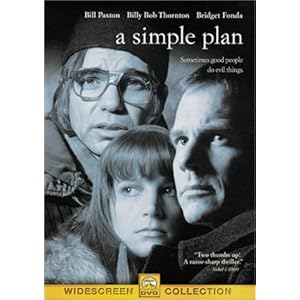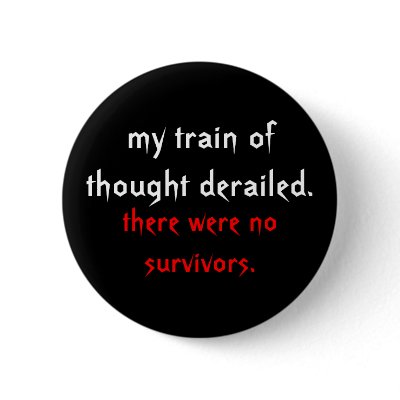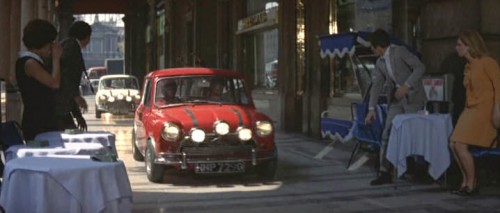 A few Best Buy gift cards we got at our vow renewal have been sitting in my wallet for months, and so we finally decided to go ahead and spend them on a Playstation Move. This is the new interface for the Playstation that lets you get physical -- don't let Sony hear you say it's an answer to the Wiimote, because they insist it's so much more, but it really is.
A few Best Buy gift cards we got at our vow renewal have been sitting in my wallet for months, and so we finally decided to go ahead and spend them on a Playstation Move. This is the new interface for the Playstation that lets you get physical -- don't let Sony hear you say it's an answer to the Wiimote, because they insist it's so much more, but it really is.Unlike the Wiimote which stands alone, the Move is integrated with the Playstation Eye, which is a webcam (with microphone) for the Playstation that's already used in some Playstation Network services and a few games; so the Eye is included in the Move starter bundle, which means I could now use the PS3 to video-chat with people.
Right now there aren't too many PS3 games that support the Move yet, and the only one I have is the one that came with it, Championship Games. This is a suite of physical games that take advantage of the Move. So far I've played all of them but beach volleyball, and beaten all of the ones I've played except table tennis. (I think table tennis may have been a particularly bad choice for a first game to play, as the number of movements required, and the complexity of mapping them to game moves in a way that felt natural, was a bit trickier than the others.)
Archery is more than a bit silly and feels entirely unlike actual archery. It's super-simple. You reach over your shoulder to get an arrow, then point it where you want it to go. There's a bit of accounting for range and wind, but mostly it's a matter of having a steady hand. The motions feel nothing like actual archery, and ultimately archery is not really a good match for the Move. This is disappointing since archery was one of the promotional images used for the Move, and it showed someone using the Move in combination with the secondary controller (which I don't have yet) in a very archery-like position, but if this game supports that, they don't mention it at all. (I suppose it might just not show until you have the secondary controller, though.)
Bocce was surprisingly compelling as a match for the Move. You don't feel the weight of the ball in your hand, of course, but it quickly feels natural to be throwing the ball. Sometimes it's hard to gauge how hard you're throwing it without throwing too high, but with only a little practice you can get to where that's not a problem. The same applied to disc golf (disc in this context means Frisbees).
Gladiator Duel is easily the most goofy fun, in part because the motions you're making are quick and forceful, not subtle. But by the same token, it's probably less challenging. This is made up for by adding complexity: you can move both a sword and a shield, dodge side to side, and build up to using power moves. Some of these motions are done by the Eye tracking your own movement around the room, and some with pressing buttons on the controller; it would be better if it was more of the former and less of the latter. The Move has the possibility to have the best of both the Wiimote and Kinect, but the software has to be developed that way.
Ultimately, though I had the most trouble with it, I think that table tennis might be the most compelling use of the Move. When it worked, I felt really natural, like I was actually playing table tennis. The movements were about the same, including the twists one does to put spin on the ball, but by the same token sometimes the difference between real table tennis and the game jumps out at you because you can't feel where the ball is to match it so well. I suspect a little more practice at it will narrow that gap. Playing it is surprisingly physical: exercise, but not exhausting, the way casual table tennis is.
These sports games are an obvious first Move game and show off the physical aspects, and they're well chosen to be moderately vigorous but not geared only to die-hard sports fans. But I really want to see how the Move will be used in other games. I also look forward to having a second controller and trying playing some of these things against other people. If I were a more dedicated gamer, I suppose it'd be a bigger deal. But I doubt the Move will ever be used as a drumstick in a future version of Rock Band! So in the end I'm not sure how much I'll use it.



.jpg)




















 RealTime and RTC
RealTime and RTC Prism
Prism Uncreated
Uncreated Bloodweavers
Bloodweavers Foulspawner's Legacy
Foulspawner's Legacy Lusternia
Lusternia